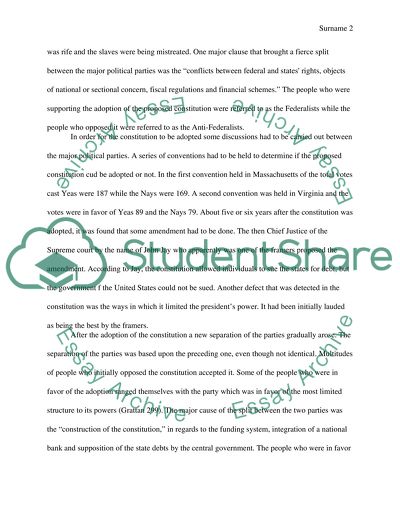Cite this document
(“Whig party during American Civilization Research Paper”, n.d.)
Whig party during American Civilization Research Paper. Retrieved from https://studentshare.org/history/1662930-whig-party-during-american-civilization
Whig party during American Civilization Research Paper. Retrieved from https://studentshare.org/history/1662930-whig-party-during-american-civilization
(Whig Party During American Civilization Research Paper)
Whig Party During American Civilization Research Paper. https://studentshare.org/history/1662930-whig-party-during-american-civilization.
Whig Party During American Civilization Research Paper. https://studentshare.org/history/1662930-whig-party-during-american-civilization.
“Whig Party During American Civilization Research Paper”, n.d. https://studentshare.org/history/1662930-whig-party-during-american-civilization.


